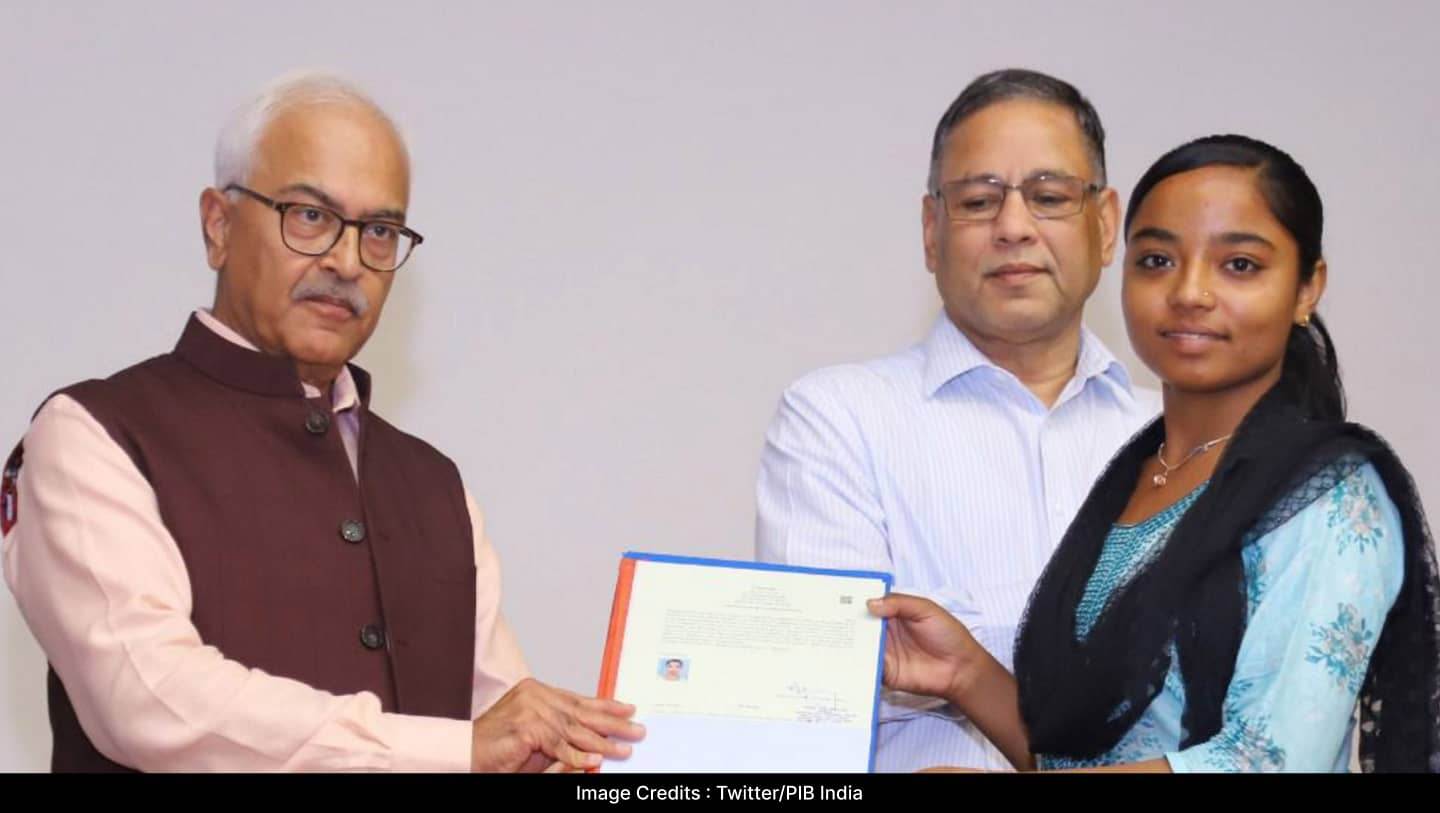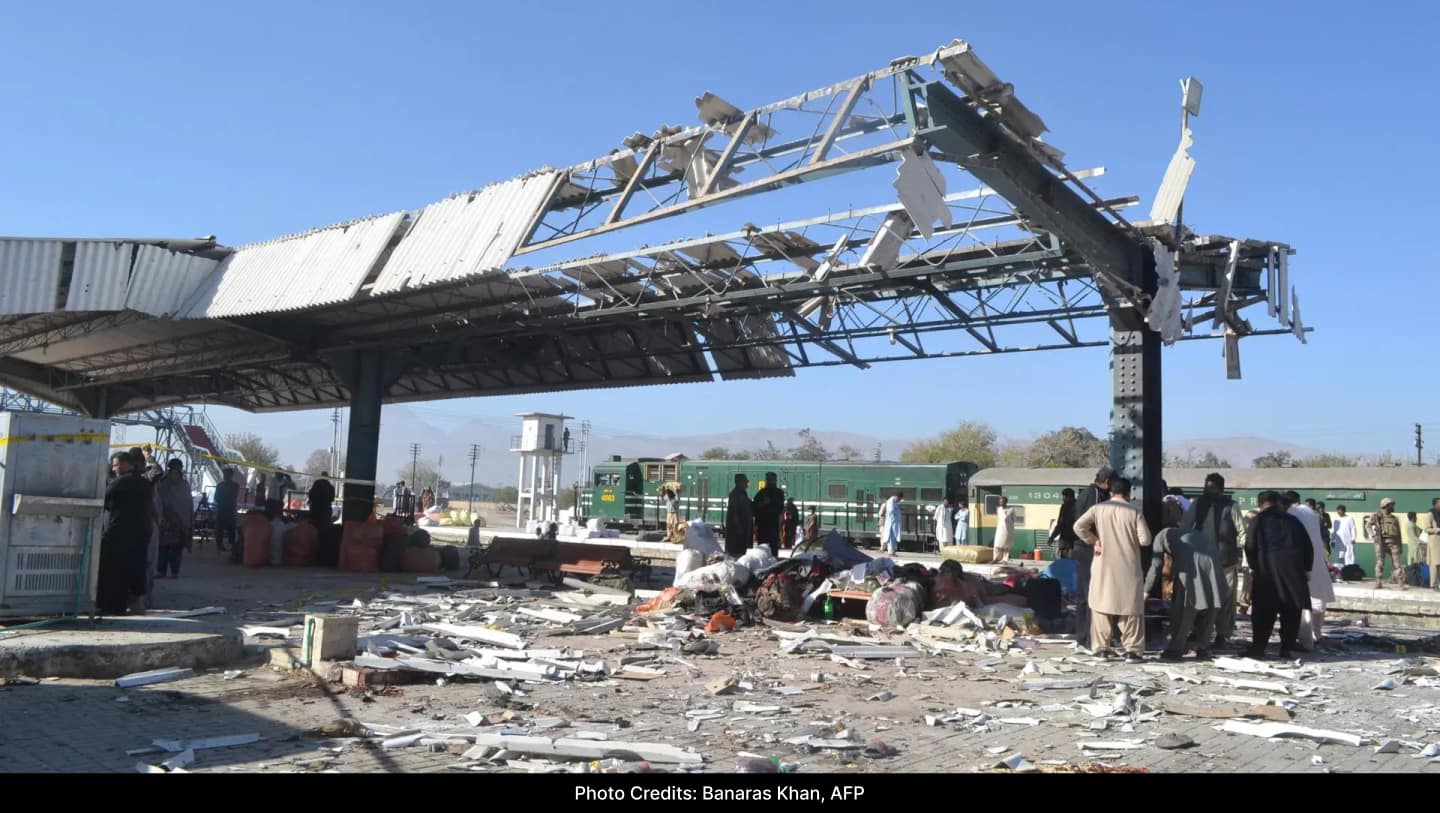The Ministry of Home Affairs announced that the first set of citizenship certificates were issued on Wednesday. She informed that Union Home Minister Ajay Kumar Bhalla handed over citizenship certificates to 14 applicants in Delhi. The development comes months after India announced the Citizenship (Amendment) Rules.
The ministry further informed that citizenship certificates were “physically handed over to 14 applicants in Delhi” on Wednesday. “Digitally signed certificates are being issued to many more applicants through email,” the government said.
In a press release, the Union Ministry of Home Affairs said, “An Empowered Committee in Delhi headed by the Director (Census Operations), Delhi, after due scrutiny, has decided to grant citizenship to 14 applicants. Accordingly, the Director (Census Operations) has issued certificates to them. applicants .”
“The Home Minister congratulated the applicants and highlighted the main features of the (amendment) Citizenship Rules 2024,” the ministry said.
First set of citizenship certificates after notification of Citizenship (Amendment) Rules, 2024 issued
Union Home Secretary handed over citizenship certificates to some applicants in New Delhi today
Read here: https://t.co/8voPlrwclD pic.twitter.com/aqqzGZgKqx
— PIB India (@PIB_India) May 15, 2024
What are the citizenship rules (changes)?
The Citizenship (Amendment) Rules 2024 (CAA) was enacted in December 2019. Under this law, the government decided to grant Indian citizenship to persecuted non-Muslim migrants from Bangladesh, Pakistan and Afghanistan who came to India on or before December 31, 2014. They include them Hindus, Sikhs, Jains, Buddhists, Parsis and Christians.
After its enactment, the CAA received the President’s assent, but the rules under which Indian citizenship was granted were issued only this year, more than four years late.
The Citizenship (Amendment) Bill, which was later passed by Parliament, created a massive uproar across the country when it was first introduced in 2019.
Critics and Muslim groups protested the CAA, arguing that while the citizenship law protects non-Muslims who are denied registration, Muslims could face deportation or detention.




